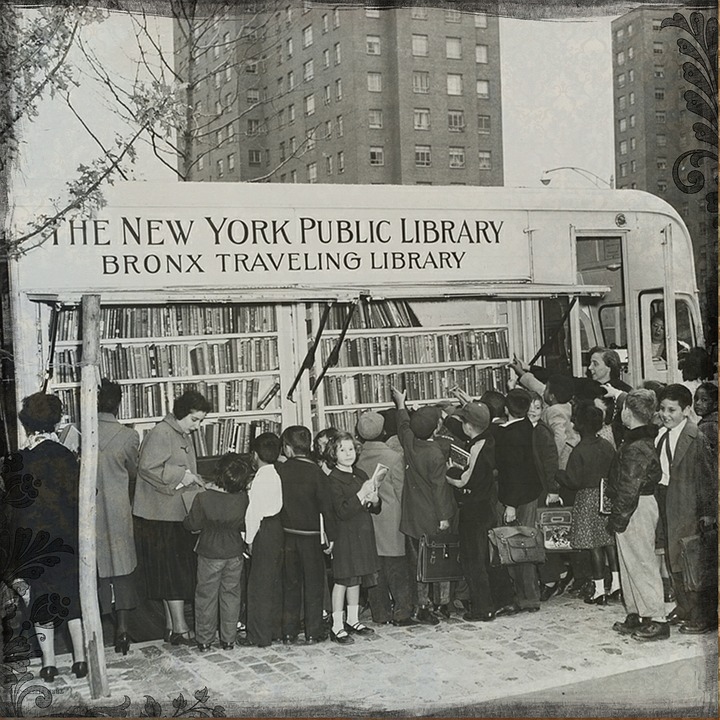The Great Depression was a time of hardship, heartache, and loss for many around the country. After the GDP suddenly dropped 15 percent, over 15 million people were left without jobs. Being a poor state before the Depression hit, Kentucky was majorly affected by the nation-wide economic collapse, and can be labeled as one of the states that suffered the most during this trying period of time. Food, education, and economic growth opportunities were all extremely scarce. In the middle of the chaos, a group of “horseback librarians” traveled throughout the state in order to raise the percentage of literate people and increase the employment rate. Here are some interesting facts about these “heroic horseback librarians of the Great Depression” and the circumstances in which they lived:
 In 1931, a whopping 31 percent of the population of Kentucky were unable to read and did not have access to books or literature.
In 1931, a whopping 31 percent of the population of Kentucky were unable to read and did not have access to books or literature.- According to the American Library Association, the average number of books per capita was somewhere between 5 and ten. However, in Kentucky, that number was only 1.
- President Roosevelt was the one who formed this new system, which was called the Pack Horse Library Initiative.
- Most of the workers in this Initiative were women. As a result, they became known as the “book women.”
- They would travel somewhere around 120 miles per week. Using horseback or just their own feet, these librarians would travel through storm or calm in order to bring literature to rural towns. Since they had no place to sleep, churches or houses would often take them in and give them food and lodging.
- The horseback librarians were paid $28 a month, which is an equivalent of $495 today. Considering most of the country was out of work, they took their jobs very seriously.
- The materials for the stock of the libraries came mostly from donations. Anything from Sunday School materials to magazines was transported by these “heroes,” who took excessive care of each article of literature.
- Many people were suspicious of these mounted strangers. In order to gain the trust of the townspeople, the librarians would often read familiar Bible verses to them.
- Robinson Crusoe was one of the most popular books in the program.
- Throughout the Great Depression, these riders helped over 50,000 families by bringing them books and fellowship.
As the Depression came to an end, the need for these heroic librarians slowly diminished. However, these determined riders still ought to be remembered for their hard work in bringing literacy to the state of Kentucky, and throughout the country.
Credits to:
https://viva.media/the-heroic-horseback-librarians-of-the-great-depression

